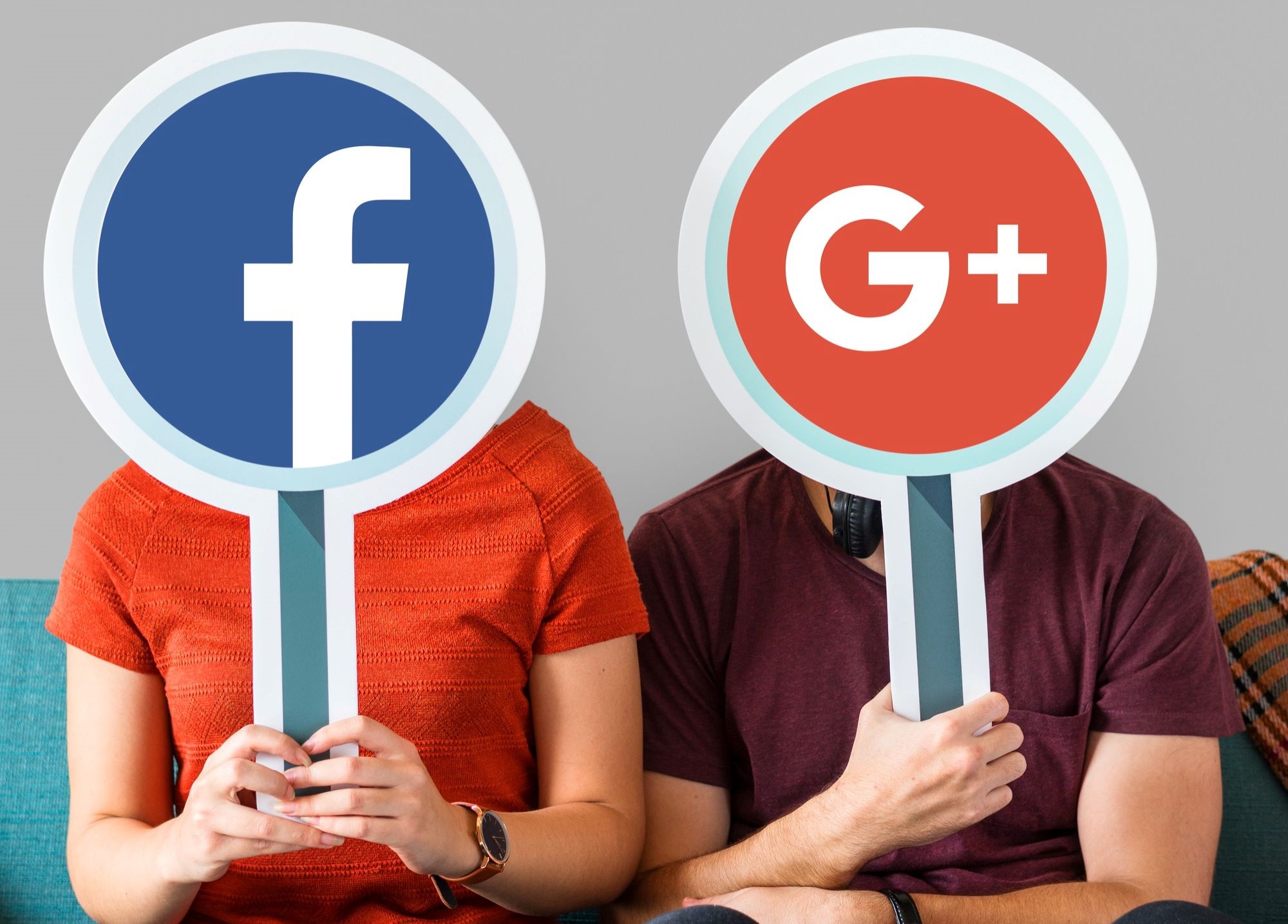When navigating digital advertising, businesses often face a critical decision: should they allocate their budget to Google Ads or Facebook Ads? Each platform offers distinct advantages and caters to different marketing objectives. In this guide, we'll explore the features, benefits, and strategic uses of Google Ads and Facebook Ads to help you make an informed choice for your advertising strategy.
Introduction:
In the modern digital environment, online advertising plays a crucial role in reaching target audiences effectively. Google Ads and Facebook Ads are two of the leading platforms, each with unique strengths. Google Ads focuses on paid search advertising, while Facebook Ads excels in paid social campaigns. Understanding these platforms' functionalities and advantages is key to aligning your advertising strategy with your specific goals.
Google Ads: An Overview
Google Ads, previously known as AdWords, is a leading platform for pay-per-click (PPC) advertising. It enables businesses to display ads in Google's search results based on specific keywords. This platform is ideal for reaching users actively searching for products or services, making it effective for demand generation.
Search-Based Advertising
Google Ads operates on a PPC model where advertisers bid on keywords relevant to their business. This method allows you to connect with users who are already interested in what you offer. By bidding on the right keywords and optimizing your bids, you can drive targeted traffic to your site and achieve high conversion rates.
Facebook Ads: An Overview
Facebook Ads provides a robust platform for social media advertising. With its extensive user base, Facebook allows businesses to reach a wide audience through various ad formats and detailed targeting options. This platform excels in building brand awareness and engaging users based on their interests and behaviors.
Targeting and Engagement
One of Facebook’s key strengths is its ability to create highly targeted ad campaigns. The platform’s targeting features, including lookalike audiences, help you reach users similar to your current customers. This precision enhances the effectiveness of your ads and boosts engagement rates.
Setting Goals: Aligning with Platform Strengths
The choice between Google Ads and Facebook Ads largely depends on your advertising goals. Google Ads is effective for capturing high-intent searches and driving immediate results, while Facebook Ads is better suited for increasing brand visibility and engaging with potential customers.
Integrating Both Platforms
For a comprehensive advertising strategy, consider using both Google Ads and Facebook Ads. Google Ads can help you capture demand and drive conversions, while Facebook Ads can increase brand awareness and reach new audiences. Combining both platforms allows you to cover different stages of the customer journey and maximize your overall advertising impact.
Budgeting and ROI
When deciding on your ad spend, evaluate the cost per click (CPC) and potential return on investment (ROI) for each platform. Google Ads can involve higher CPCs for competitive keywords, while Facebook Ads generally offers more cost-effective reach. Assess your budget and goals to allocate resources effectively.
Conclusion
Choosing between Google Ads and Facebook Ads requires understanding each platform’s strengths and aligning them with your marketing objectives. Google Ads is ideal for targeting users with high intent through search, while Facebook Ads excels at engaging users and building brand recognition through social media. By leveraging the unique benefits of each platform, you can create a well-rounded advertising strategy that meets your goals and maximizes your reach.
Contact Our Digital Marketing - PPC Expert







 Previous
Previous
Social Media Advertising
Facebook Ads offers diverse ad formats such as images, videos, and carousels. These formats enable creative and engaging advertisements tailored to users’ preferences. Facebook's advanced targeting options allow you to reach audiences based on their demographics, interests, and activities, which is ideal for brand building and customer engagement.